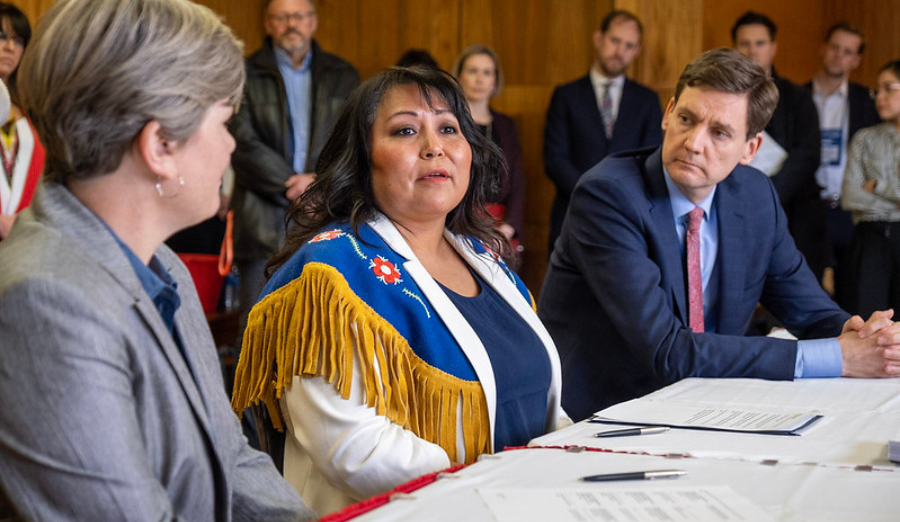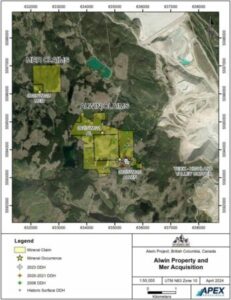Last month, BC Premier David Eby and Blueberry River First Nation Chief Judy Desjarlais announced that the governments had reached an agreement regarding the First Nation’s Treaty 8 rights. This agreement follows the June 2021 BC Supreme Court rulling on Yahey v British Columbia (2021 BCSC 1287) – aka “the Blueberry Decision” – that found that the province had infringed upon the First Nation’s rights under Treaty 8, due to the cumulative impact of decades of industrial development in their traditional territory. The court prohibited the provincial government from authorizing further activities that infringe on the First Nation’s rights in a 3.8-million-hectare area around Fort St. John, and directed the parties to negotiate a collaborative approach to land management and natural resource development.
The Blueberry decision is important for First Nations in British Columbia because it helps to clarify the Crown’s duty to consult and accommodate Indigenous peoples. Prior to this decision, the scope and content of the duty to consult was not well defined in the context of BC, and First Nations often faced challenges in getting the Crown to meaningfully engage with them on issues that could impact their rights and title.
"This agreement provides a clear pathway to get the hard work started on healing and restoring the land, and start on the joint planning with strong criteria to protect ecosystems, wildlife habitat and old forests."
Chief Judy Desjarlais, Blueberry First Nations.
The Blueberry decision confirmed that the duty to consult and accommodate applies to all levels of government, including the provincial government, and that this duty is a constitutional obligation. This means that First Nations in BC, and beyond, can now look to the courts for a clearer understanding of what the Crown’s duty to consult and accommodate entails, and for enforcement of this duty in cases where the Crown does not adequately consult and accommodate First Nations.
The decision also provided guidance on the scope of the duty to consult and accommodate. For example, the Court stated that the duty to consult is triggered when the Crown has knowledge, or ought to have knowledge, of a potential impact on an Indigenous group’s rights or title. The Court also emphasized the importance of meaningful consultation, noting that consultation must be “in good faith and with the intention of substantially addressing the concerns of the Indigenous group.”
In sum, the Blueberry decision has helped to clarify the Crown’s duty to consult and accommodate First Nations in BC, and provides a stronger foundation for First Nations to assert and protect their rights and title. By providing clear guidance on the scope and content of the duty to consult, the decision helps to ensure that First Nations have a meaningful role in decisions that impact their rights and title, and promotes reconciliation between Indigenous peoples and the Crown.
Good Reads:
Simeon, A. (2022, March 22). What is the Blueberry decision, and how will it affect the Indigenous legal landscape? RAVEN; RAVEN Trust. https://raventrust.com/what-is-the-blueberry-decision/
Tipping Points: What Blueberry River First Nations’ court victory means for ecosystems and biodiversity. (n.d.). Wcel.org. Retrieved February 15, 2023, from https://wcel.org/blog/tipping-points-what-blueberry-river-first-nations-court-victory-means-ecosystems-and
Simmons, M. (2023, January 25). Blueberry River First Nations beat B.C. in court. Now everything’s changing. The Narwhal. https://thenarwhal.ca/blueberry-river-treaty-8-agreements/
Historic treaties and treaty first nations in Canada infographic. (2013, September 26). Rcaanc-Cirnac.Gc.Ca. https://www.rcaanc-cirnac.gc.ca/eng/1380223988016/1544125243779













